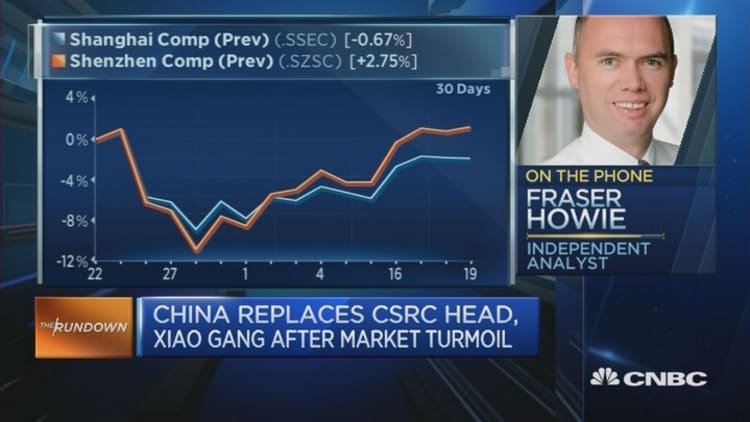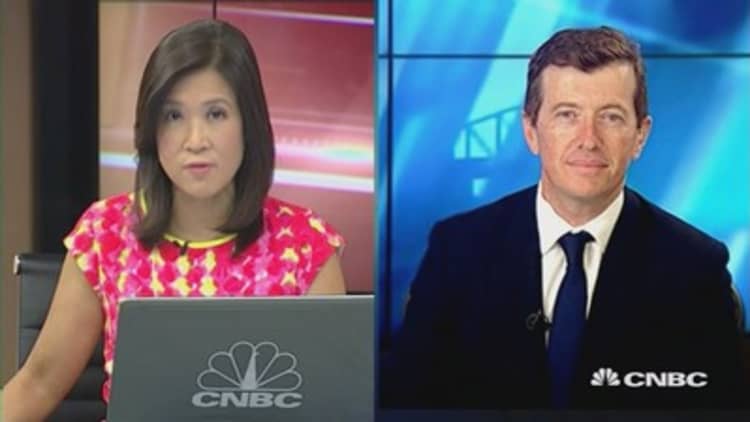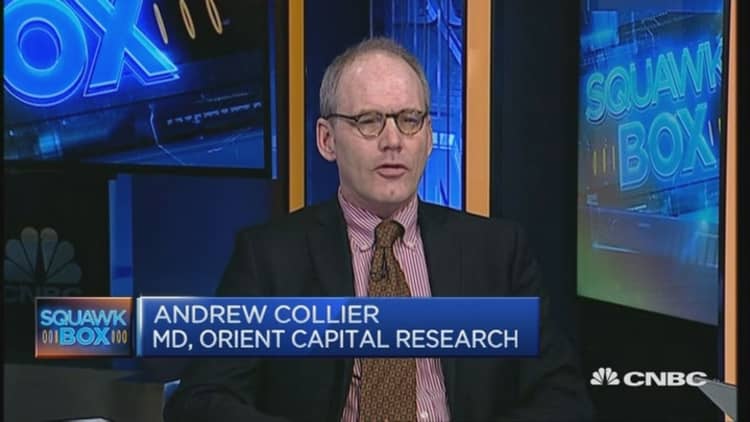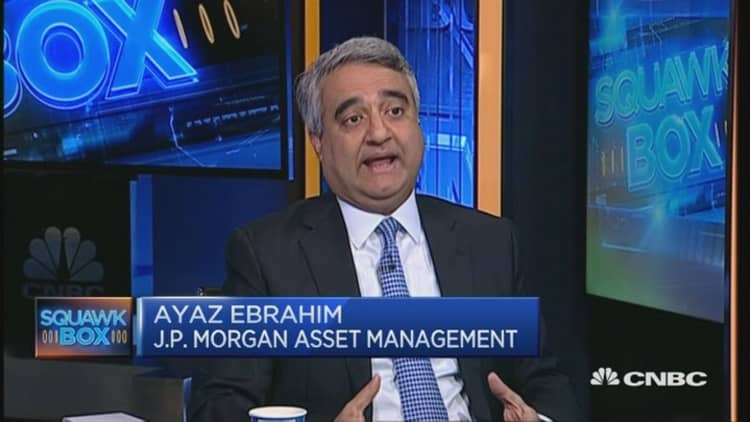



After months of market volatility, China's top securities regulator finally got the boot over the weekend, leaving many to wonder what took so long.
China removed Xiao Gang, chairman of the China Securities Regulatory Commission (CSRC), replacing him with Liu Shiyu, chairman of the Agricultural Bank of China and a former official at the mainland's central bank, the People's Bank of China (PBOC), the official news agency Xinhua reported over the weekend.
Analysts were generally unsurprised by Xiao's ouster given the turmoil in Chinese markets in recent months. How he managed to retain his position was the bigger mystery given the botched response to the country's equities meltdown that rattled global financial markets.
"I think he's lasted as long as he has because he got a second chance that if he could clean up the mess and bring some order to the markets then you may be able to keep your job," Fraser Howie, an independent analyst and co-author of Red Capitalism and Privatizing China, told CNBC Monday.
But mainland markets opened this year with quite a whimper. That sealed his fate, Howie said.
China-listed stocks plunged in 2016's opening sessions, with trade suspended completely in two of the first four sessions after the CSI 300 index dropped more than 7 percent, triggering a circuit breaker meant to limit market volatility.
That spurred CSRC to suspend the circuit-breaker system after it was in effect for just four sessions in a quick regulatory flip-flop that was met with sharp criticism.
That market turmoil marked a second recent black eye for China's regulators.
Their response to last year's mid-year market plunge on the mainland was much derided. That slump - of more than 30 percent off previous highs at some points - followed a rapid rally of more than 100 percent in less than a year, fueled in large part by a huge buildup of margin lending after regulators allowed investors to open as many as 20 trading accounts each. As that credit-fueled bubble popped, the Chinese government stepped in with a slew of policy changes, including a virtual ban on short-selling, serious restrictions on selling by major shareholders and the loosening of margin lending regulations.
The turmoil may have spurred a search for a scapegoat.
"The easy person to point the finger at is the head of the regulator, somewhat unfairly perhaps," Howie said.
"He's the referee. He's meant to be setting the rules and ensuring that everyone abides by them. In some ways, who the person at the top is really irrelevant in some ways," Howie noted. "In China's case though, the regulator plays the role of almost cheerleader-in-chief. And the regulator has the horrible position of having to create or support bull markets and yet at the same time make sure nothing goes wrong."
Others noted that Xiao likely remained in his position for so long after the market turmoil began simply because it took a while to find a replacement.
For the appointment of a new securities chief "to come before the National People's Congress in February is quite fast," noted Steve Wang, chief China economist at Reorient Financial.
Wang noted that Xiao's replacement is essentially a central bank bureaucrat, something he expects may increase communication between the PBOC and the CSRC.
That could help restore confidence.
Indeed, that may have been a driver of the timing of the move. The G20 meeting of the finance ministers in Shanghai on Friday and Saturday may have been a factor, Howie noted.
"The G20 leaders are looking for decisive action from Chinese leadership to show they're in charge," Howie said. "They understand there's volatility in markets. They understand people have missteps. I think the difficulty in China is from the summer onwards, we've seen misstep after misstep."
Now, global policymakers want to see that China has a clear plan for how it proceeds from here, he said.
Follow CNBC International on Twitter and Facebook.
—By CNBC.Com's Leslie Shaffer; Follow her on Twitter @LeslieShaffer1




